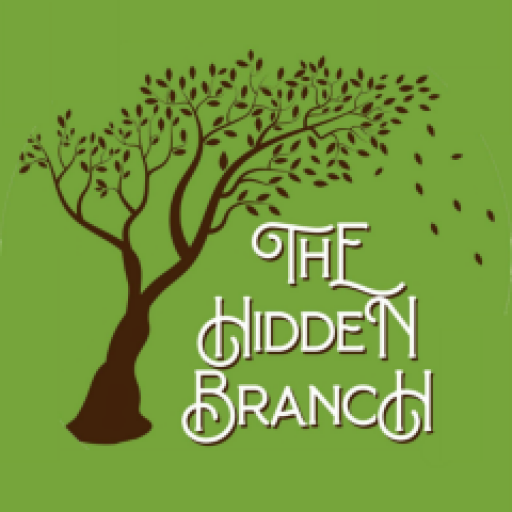My interest in family history started more than 40 years ago. As a child I would read books about royal families. For example the Dutch Orange-Nassau family, the English Tudors, the French Bourbons and the Habsburg family in Spain and Austria. I collected names and dates, and started a database with the family trees of royal families in Europe.
Working on those trees made me wonder if I could find more about my own ancestors. Like many of us, I first started with the family that gave me my surname: Boeren. It means farmers, by the way. My father was never interested in his family and he only knew the names of his parents and grandparents. In 1988 when my father’s uncle celebrated his birthday, I spoke with this granduncle about our family. He showed me a piece of paper with the names of his uncles and aunts. Those were the siblings of my great-grandfather. I was thrilled to see their names and I realised that this could be the start of my own family tree!
Later that year I visited the local archives for the first time. I wanted to know more about my family. The staff in the reading room were obviously not used to fifteen-year-old visitors! They had no idea how to approach me. They did not do more than showing me a table and some books. In those days there were no computers, databases or digital images. All there was, were books with copies of civil records. Each sets of books had a specific colour: red for births, green for marriages, black for deaths. Population registers (the Dutch equivalent of census records) were available on microfiche.
Not only the archive staff disappointed me that day, the records did as well! I had been convinced that my family was originally from Tilburg and the we had lived in this city for ages. After I had consulted some civil records, I knew that my great-grandfather’s father was not born in Tilburg. He came from a small town near the Belgian border. Not too far from Tilburg, but still.
I returned to the Tilburg City Archives week after week. The staff were still surprised to see that I was seriously interested in genealogy, but started to help me. They also tipped off the local newspaper. A journalist was writing a series of articles about young people with ‘unusual hobbies’. And yes, I was one of the weirdos. In January 1989 the newspaper told my story and showed a picture of me sitting in front of a microfiche reader. How proud I was!

Newspaper article showing John aged 15 at the archives in 1989.
For years and years I studied the families of my four grandparents. Most of them were simple but hardworking people, with few ‘adventurous’ life stories. After I graduated from Law School, I applied for the School for Archivists in The Hague. I now wanted to become an archivist! This programme brought me back to the Tilburg City Archives, but this time not as a visitor but as an employee! After one year, I became the new reading room manager. And the staff that once had no idea what to do with me? I now became their boss!

John at the Tilburg archives in 2014.
Working at the archives made that genealogy became part of my daily work. I gave lectures and courses on family history. Work changed over the years and I left the archive world to work for a few mayors. My passion for genealogy never changed or diminished. In 2014 I decided to become a professional genealogist and a few months later my company ‘Antecedentia | Genealogy in the Netherlands’ was born. Three years later I gave up my regular job and became a full-time professional genealogist, one of few in our country.

Screenshot of John’s business website, Antecedentia, which began in 2015.
Thanks to the Dutch royal family, the Tilburg City Archives and all those who supported me: I am now able to do what I like most… helping others connect to their Dutch heritage. I realise that this work will not bring me pots of gold. What makes my work very satisfactory is the experience that every time I show clients a piece of their family history, they are pleased, surprised and even emotional. One tear of joy is still better than hundreds of banknotes.

